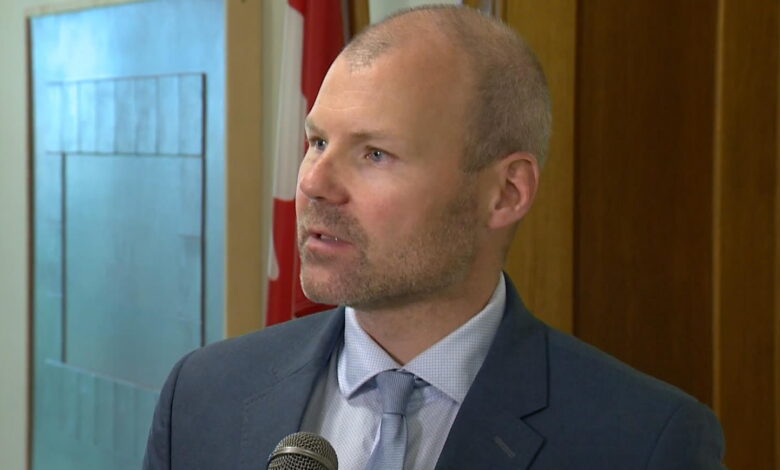
Province’s Carbon Price Fight with Ottawa Moves Forward
The government of Saskatchewan has declared itself the exclusive distributor of natural gas within the province, aiming to exempt residential heating costs from the federal carbon pricing scheme.
This move follows a temporary halt announced in October 2023 on the additional fee for home heating oil, a measure that, despite being nationwide, has been criticized for favoring regions like Atlantic Canada where heating oil usage is prevalent.
As of January 1, Saskatchewan households no longer face carbon pricing charges on their heating bills, thanks to legislation endorsed by the Saskatchewan NDP last year, transitioning the role of natural gas distributor from the Crown-owned SaskEnergy to the provincial government.
Crown Investment Minister Dustin Duncan highlighted this strategic change to protect SaskEnergy’s management and workforce from potential legal repercussions under the Greenhouse Gas Pollution Pricing Act for failing to collect the carbon tax.
Saskatchewan must decide by the end of February whether to forward collected carbon taxes for January residential heating to the federal government.
Statistics Canada noted a 26.6% reduction in Saskatchewan’s natural gas expenses year-over-year in January 2024, attributing the decrease partly to the cessation of the carbon levy collection.
Minister Duncan criticized the federal carbon tax in a statement, arguing for its complete removal to combat inflation and noting the significant economic benefits evidenced by its absence on residential heating in Saskatchewan.
The province faces a crucial decision before the February 29 deadline: either to defy the payment, risking fines and penalties, or to settle the dues using provincial funds. Requests for comments from Duncan were declined.
In 2022, SaskEnergy contributed $172 million to the federal government from the fuel charge, then priced at $50 per tonne, with the carbon tax scheduled to rise to $80 per tonne by April 1 from $65.
Saskatchewan’s unique position, with a Crown utility for home heating, allows it more flexibility in opposing the federal carbon tax compared to provinces like Alberta, where Premier Danielle Smith cited the impossibility of similar measures due to the involvement of private heating suppliers.








































